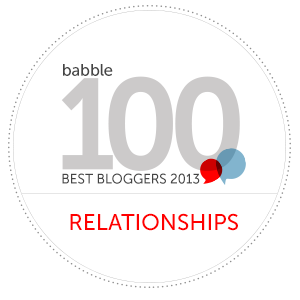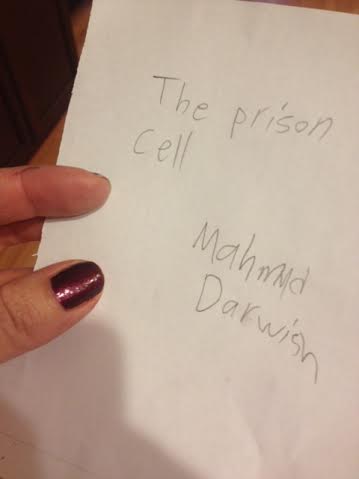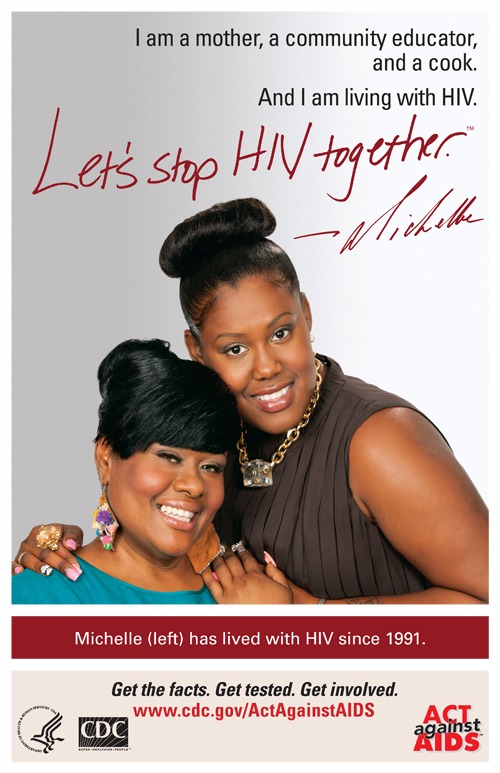 This post is made possible by support from the Let’s Stop HIV Together campaign. All opinions are my own.
This post is made possible by support from the Let’s Stop HIV Together campaign. All opinions are my own.
Last summer, the then-eight-year old boy strapped in the backseat - my son and optimist and dance partner and silly pants and ardent recycler and kid who has asked profound questions since he could string a sentence together - asked me what AIDS is.
I had to tell him. I had to be honest. It was one of those profound parenting moments when you know you are revealing an unkind, unfair, heartbreaking truth of the world to someone who still sees nearly everything as wondrous, and the responsibility is great and necessary.
A friend of mine was in town for most of the summer, sitting at the hospital bedside of a loved one who was dying of AIDS. He was too young. He was beautiful. He was a father, a nephew, a cousin, a son, a talent, and it was all coming to a close, painfully and too suddenly. My friend reached out and I went to her, because this is what you do. The next day, my son and I brought bags of snacks and wine and water to the family, because that is another thing you do. That's when E asked me why, what was going on - and I told him, because that is also what you do.
Our conversation was about how AIDS is transmitted and how to do everything you can to prevent it. That led to talking more about sex (we'd already covered the basics of bodies and procreation and puberty several times) and consent and, of course, condoms. There was much concern (by us both) and many questions (by him). Could condoms be recycled? How do you know how to use them? Why do people have sex if it can be dangerous?
They were all good questions with complicated answers. I did my best to keep it simple, to speak calmly and compassionately and concisely. I told him that if two people are too embarrassed or uninformed or unwilling to talk about and USE condoms, they are not ready to have sex. I told him that sex feels good, and it feels best when both people are taking care of themselves and each other.
I also told him I'd seen too many people - all men in the '80's and early '90's - die of AIDS, most of them at our church and some of them, teachers at my school. It broke my heart then and it does now. It is time for us each to do what we can to bring this whole terrible thing to an end. That begins with information, with knowing.
I didn't expect that conversation to be the next sex-talk in line with my boy. But there it was, and I am so glad we had it then, and that it continues to be an open topic at home. When my friend's loved one passed away, I cried and cried through the funeral. When I got home, my son met me at the door and I held him so tight. An unfathomable amount had been lost that summer - and that was just one young man in one family.
When the CDC asked me to meet two mothers living with HIV on a recent conference call, I couldn't help but replay those moments, that conversation and my prayers on repeat to the universe to spare my son the wrenching pain and consequences that can come out of simple choices or complex situations.
Michelle and Masonia - two inspiring mothers who are living with HIV, fiercely fighting to protect their children and advocate for families exposed to HIV and AIDS - told us their own stories, shared the fearful moments of diagnosis, opened up about discrimination and, through tears, explained how their kid had been impacted. They also hold an incredible hope in their palms. Information, resources and connecting are all critical to stopping HIV and overcoming the segregation, despair and spread of the disease.
The statistics are startling - and maybe they should be. This is our call to prevent more people, and particularly mothers and children, from exposure, from discrimination, from not having access to treatment or information. It's our time to take action.
As you will hear in this moment out of Michelle's story, HIV and women is not just about sex. And goes well beyond condoms. It includes tough and important conversations about domestic violence, race, gender, maternal health and so much more that it has been just too, too easy to turn away from. We have to start somewhere, with ourselves and in our discussions with our kids. But we also need to know that this is a big, big picture with lots of people inside.
That might begin with a conversation with your own children. It may mean asking your OB/GYN or local clinic for a test, no matter how low- or no-risk you think you may be. It could start with reading these facts. It could mean sharing Michelle and Masonia's stories, or choosing to be in activist in your own ways, in your own city. Whatever you do, please do.
Thanks to Michelle and Masonia and the many others who are bravely sharing stories through the CDC's Let's Stop HIV Together campaign. And thank you for reading, caring, doing.
 Monday, May 19, 2014
Monday, May 19, 2014 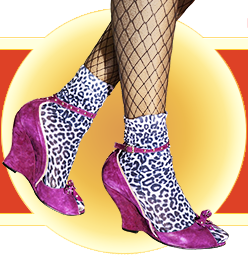









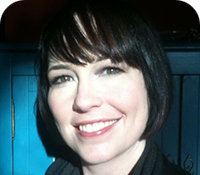




 is a single mama in the city, super-savvy editor, writer, video host and shameless shoe whore.
is a single mama in the city, super-savvy editor, writer, video host and shameless shoe whore.